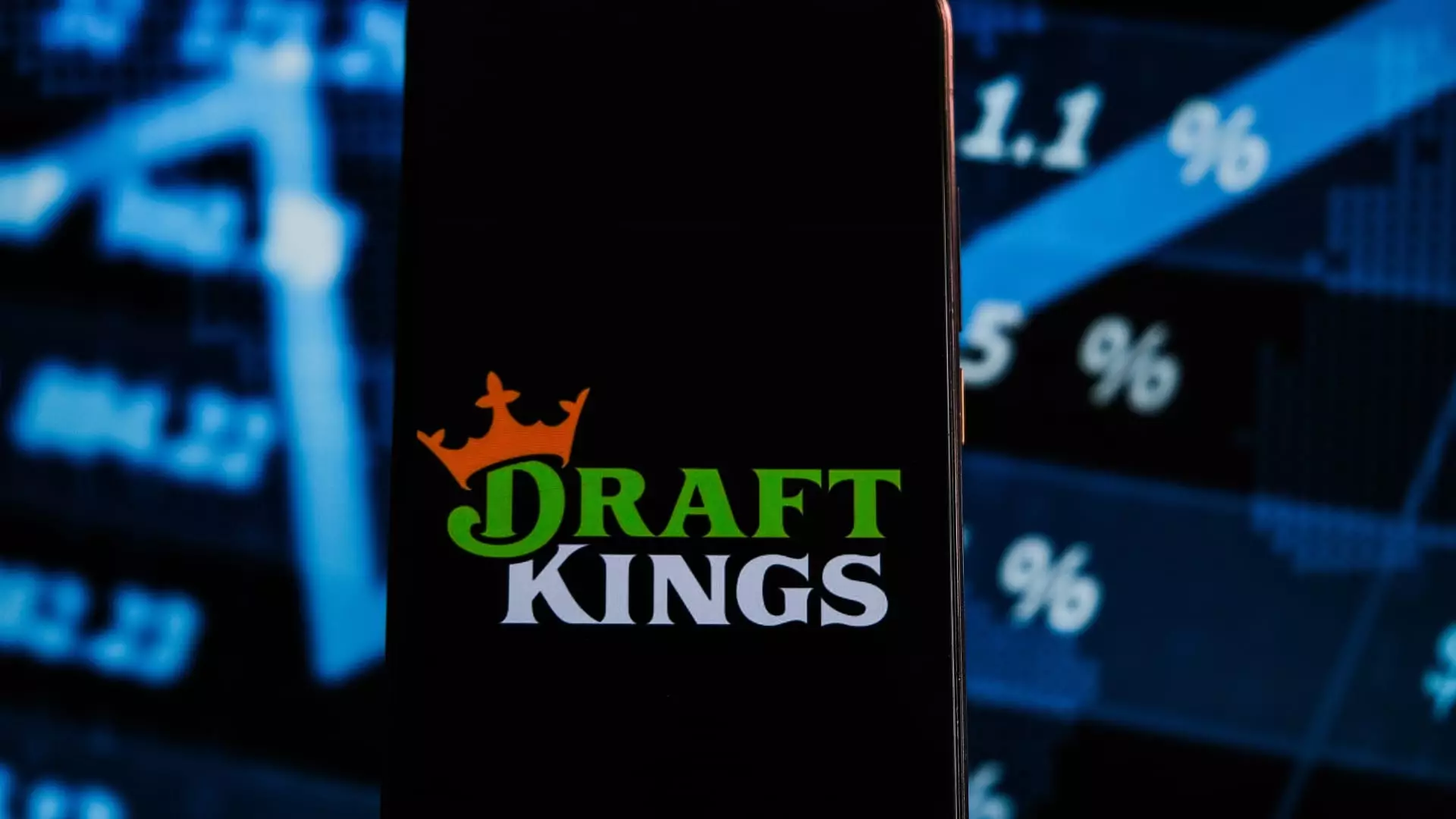The landscape of online sports betting took a turn for the worse this week as Illinois lawmakers moved to approve a budget that drastically raises taxes on wagers. For stocks within the industry, this development was nothing short of alarming. As investors digested the implications, companies like DraftKings and Flutter Entertainment saw their stock values plummet—by over 6% and 2%, respectively. This reaction illustrates a broader concern in the marketplace: rising taxes could stifle growth and innovation in a sector just beginning to find its footing in America’s economic landscape.
The Financial Ramifications
Within the new budget, the state of Illinois has proposed a tax of 25 cents per wager on the first 20 million online sports bets for each fiscal year—an increase that will soon escalate to 50 cents for any bets beyond that threshold. Analysts, including Barry Jonas from Truist, have called this tax hike both surprising and detrimental to industry growth. What’s particularly troubling is that this isn’t an isolated event; it marks the second consecutive year Illinois has imposed unexpected taxes on the burgeoning online gambling market. With such high rates, DraftKings and Flutter’s FanDuel are set to face immense operational pressures as they inevitably exceed these arbitrary wager limits.
The Ripple Effect on the Market
As one of the few states with a growth-oriented online betting framework, Illinois’s decision raises a crucial question: Will other states follow suit? The potential for states to exploit this newfound tax revenue to address budget deficits could create a domino effect that would limit the industry’s ability to thrive. Currently, tax rates across the country range dramatically—from a staggering 51% in states like New York and Rhode Island to a much more palatable 6.75% in Nevada and Iowa. With only 27 states and D.C. allowing online sports betting, the landscape remains fraught with uncertainty.
Furthermore, while larger companies like MGM Resorts and Penn Entertainment slowly feel the strain, the real victims of Illinois’ decision are the smaller competitors struggling to carve out their niche. For them, the implications of such a high tax rate can be catastrophic, posing existential risks to startups and smaller platforms, which may not have the buffering capacity against fiscal challenges like their larger counterparts.
Looking Beyond the Stock Market
It is essential to recognize that the impact of these tax increases goes far beyond investor sentiment. The policy decisions taken today could reshape the very fabric of the sports betting community, influencing consumer prices, availability, and even the integrity of the betting experience. As taxes rise, so do operational costs, which will ultimately trickle down to the consumer. This erosion of accessibility could refocus customer engagement onto underground or unregulated avenues, thereby undermining the very purpose of regulated betting platforms.
In a climate where the middle ground in the political spectrum seeks equitable solutions, the decisions made by states like Illinois signal a troubling trend that could compromise the fledgling online sports betting industry. Stakeholders must advocate for a balanced approach to taxation, one that could foster growth while still adequately addressing state budgetary needs without alienating the industry.

